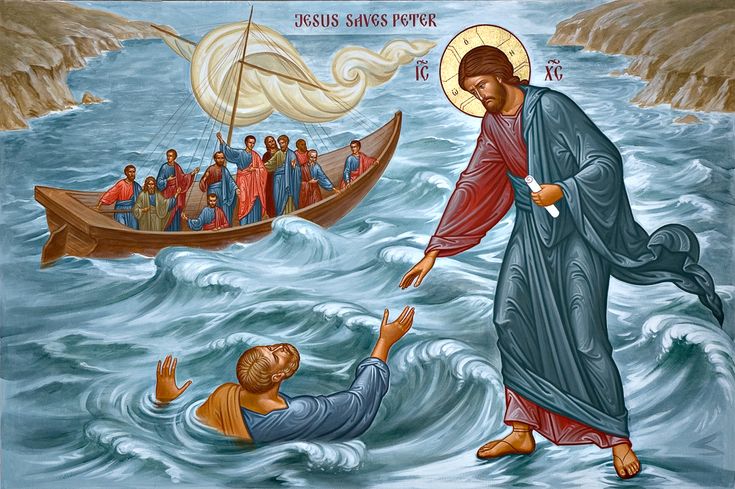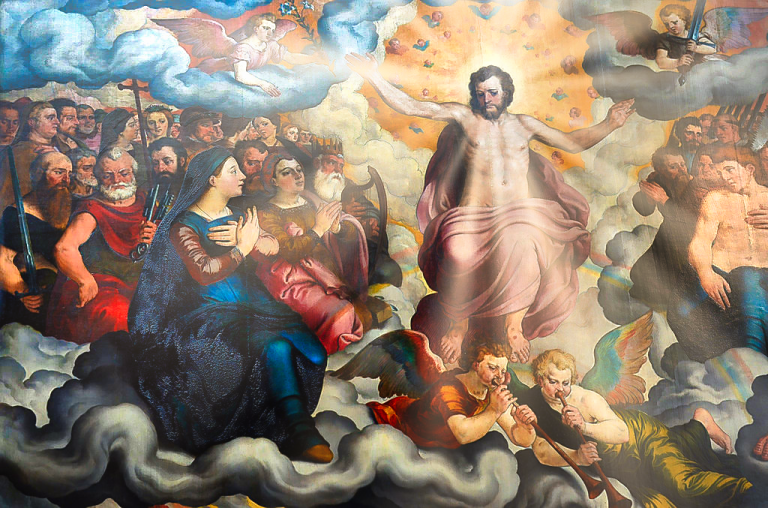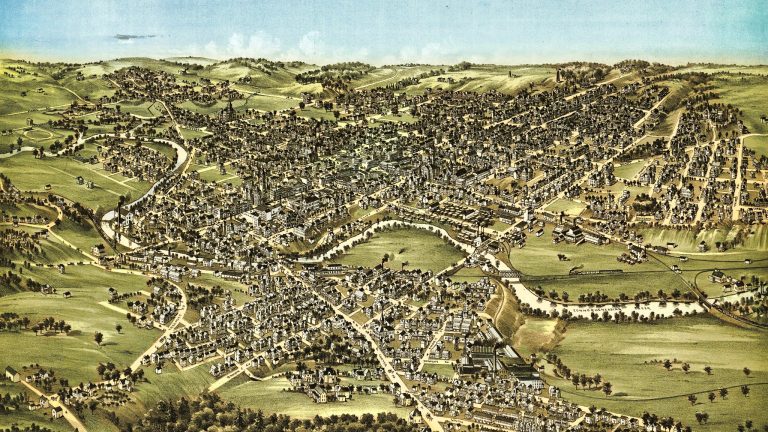Many large urban dioceses used to have a reasonably intellectual, progressive priest known as “The Labor Priest”. In the Pittsburgh Diocese, this position was held for many decades by Father, later, Monsignor, Rice. He was widely acclaimed to be an intellectual, and was allowed to drive his foreign car (a Volvo, if memory serves) to labor meetings at which his choice of a non-UAW produced automobile was mentioned, but not held against him.
When The Church was pro-union, it was concentrated in America’s cities. Union membership grew along with huge urban mills and factories. Unions provided better conditions and higher incomes. The swelling flow of manufacturing payrolls supported large Catholic families, paid Catholic School tuition, built and staffed Catholic hospitals, supported Catholic charities, and was a major fiscal support of the vast Catholic structure that dominated most cities in most of the half-century before WWII and for a couple of decades after it.
The Church’s rarely-critical support of unions helped them become so powerful that they rose above the law. “Corrupt union bosses” became a synonym of moral decay across America. Some were so untouchable they avoided punishment, even for hurting members of their own unions. Officials even stole pension funds in pursuit of personal gain.
Today, automation and cheap, overseas labor have destroyed most of the private-sector union jobs. As a result, only 10-12% of non-governmental jobs are unionized. Now, union strength is in the public sector. Government employees, some of whom, regrettably, are in agencies that do more harm than good, now have the most powerful unions in history to maintain their lush employment. The leaders of those unions are very liberal, generally pro-abortion, and anti-Catholic.
Despite their far-above-average incomes, public sector union members are not using their higher rates of pay for something as laudable as raising large, Catholic families. They have no more children than other groups. A lot of money is taken from them to pay taxes to support others like them. A lot of what’s left over is blown on the usual vanities; bigger homes, vehicles, useless sports & recreational activities, vacations, and the other accoutrements of the worldly. Some are still Catholics, but a depressing number have disappeared into a Godless, small-family prosperity that cannot last.
To this day, many Catholics continue to believe in unions. There are people at County Fairs with the skills to hitch teams of oxen, mules, or horses to various farm implements that are laboriously trained to pull around with slow inefficiency. Like pro-union Catholics, they sincerely believe, “Things were better in the old days.”








